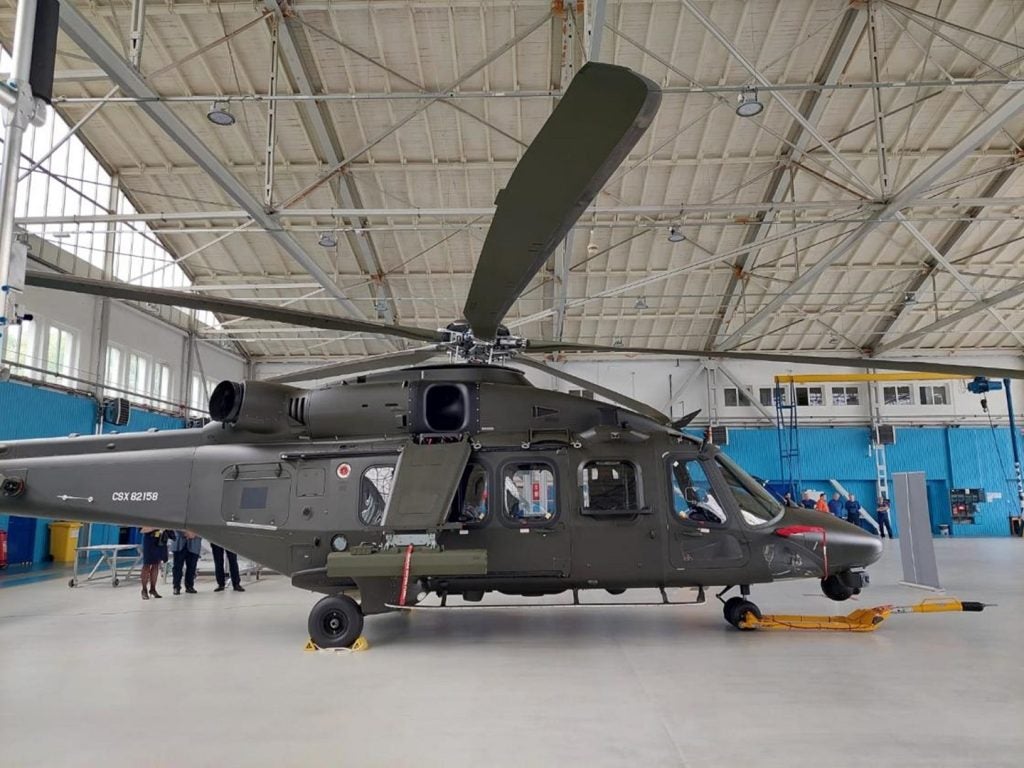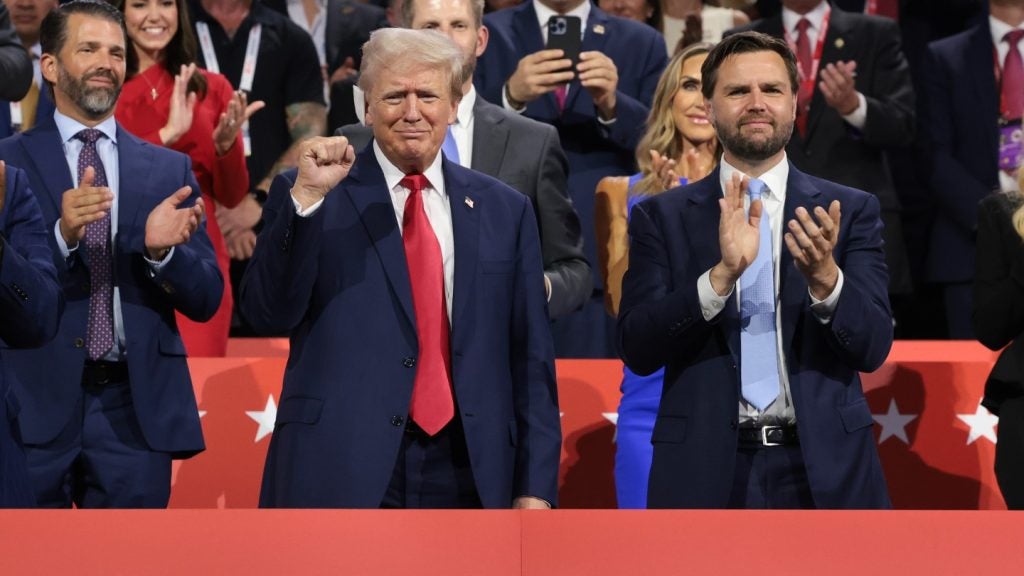
The alliance of Brazil, Russia, India, China and South Africa (BRICS) has invited six additional nations during the third and final day of talks at its 2023 summit in Johannesburg.
The invitation, announced by South African President Cyril Ramaphosa on Thursday (August 24), signifies a U-turn by Indian Prime Minister Narendra Modi and Brazilian President Luiz Inacio Lula da Silva, who had both previously objected to expanding BRICS.
Initiated by Chinese President Xi Jinping, the expansion will see Egypt, Ethiopia, Iran and the United Arab Emirates become BRICS members alongside Argentina and Saudi Arabia. A total of 23 nations from the Global South applied to join the coalition.
Members say it will counter the dominance of the G7 alliance between Canada, France, Germany, Italy, Japan, the UK and the US. With the latest additions, BRICS will account for half of the world’s population and 30% of global GDP, according to GlobalData figures.
More crucially, the integration of OPEC member states has the capacity to reshape international energy markets. The addition of Saudi Arabia, Iran and the UAE will see BRICS make up 42% of global crude oil output, up from 20%, while Argentina brings its abundant lithium reserves.
How well do you really know your competitors?
Access the most comprehensive Company Profiles on the market, powered by GlobalData. Save hours of research. Gain competitive edge.

Thank you!
Your download email will arrive shortly
Not ready to buy yet? Download a free sample
We are confident about the unique quality of our Company Profiles. However, we want you to make the most beneficial decision for your business, so we offer a free sample that you can download by submitting the below form
By GlobalDataBut, with many of the BRICS’ agreements revolving around dedollarisation, the increasingly likely election of pro-dollar populist Javier Milei looks set to throw a spanner in the works come Argentina’s elections in October.
Argentina looks east
Buenos Aires stands to gain significantly in terms of trade, deals and geopolitical influence as part of BRICS.
Beijing’s annual trade in Latin America is forecasted to surpass $500bn over the next decade – half of which will go to projects in Argentina, according to GlobalData’s Argentina Defence Market 2023-2028 report.
Chinese investments in Argentina have multiplied in the mining, oil, hydropower, nuclear energy and defence sectors, seen in the agreement to supply 20 FC-1/JF-17 fighter jets produced by the Chengdu Aircraft Corporation and Pakistan Aeronautical Complex.
Argentina also wants in on China’s Belt and Road Initiative, with President Alberto Fernandez signing a memorandum of understanding in Beijing last year. Less than six months later, China invited Argentina to attend the June 2022 BRICS summit in an undisguised attempt to pry the resource-rich South American nation from US’ clutches.
From one BRICS superpower to another. Argentina is Russia’s longest-running business partner in Latin America, and Russian President Vladimir Putin has long supported the country’s claims over the Falkland Islands. Moscow and Buenos Aires also reached an ongoing agreement for the purchase of utility helicopters and the lease of 12 Sukhoi Su-24 Fencer aircraft.
Argentina has had few dealings with India or South Africa but has recently shown interest in India’s indigenously developed TEJAS fighter aircraft. BRICS membership will likely see New Delhi-Buenos Aires ties develop further.
A long-standing neighbourly rivalry with Brazil has impeded neither trade nor strong security links between the two countries in the Southern Cone.
Despite President Lula’s previous stance against BRICS expansion – largely due to concerns of alienating the West and jeopardising Brazil’s non-alignment ‘middle power’ positioning between the US and China – on Tuesday (22 August) he proclaimed: “It is very important for Argentina to be in BRICS.”
Argentina is burdened by debt repayments, including a $44bn IMF loan deal that Lula described as “suffocating”. Crucial to the BRICS’ push for reduced US dollar dependency is its New Development Bank (NDB), which Buenos Aires applied to join in July.
The Shanghai-based NDB was formed in 2015 to promote an alternative international financial system to the International Monetary Fund and World Bank. NDB president Dilma Rousseff recently announced plans to begin lending in South African rand and Brazilian real, according to the Financial Times.
Milei’s dollarisation
Debt and loans aside, Argentina is currently grappling with record inflation of around 115%, which has become fertile ground for polarised politics.
The increasingly likely prospect of “anarcho-capitalist” Javier Milei gaining office in October has exacerbated economic turmoil. Bonds, stocks and the peso fell dramatically after Milei, who has promised to abolish the Central Bank, won a third of the ballots in Argentina’s primary elections on 13 August.
Argentina hopes access to the economic ties of the BRICS will be able to steady its sinking economic ship. But Milei’s flagship policy of dollarising the Argentine economy, as implemented in Ecuador, is unlikely to sit well with BRICS’ overarching aim of reduced US dependency and dedollarisation advocated by Xi, Putin and Lula.
Of undeniable interest to Milei or whoever wins the presidency is the greater strategic position BRICS membership offers Argentina to develop defence deals.
Research by GlobalData shows that Argentina’s current role in global defence dealings is minimal. Since the formation of the BRICS in 2009, heavyweights India, China and Russia have dominated strategic defence deals. Argentina has been involved in only one identified deal compared to India’s 82.
All eyes look ahead to the October elections. Whether Argentina becomes a key BRICS member – or even remains in the coalition at all – depends on whether Milei sees the economic and geopolitical influence it offers as sufficient to U-turn on his dollarisation promise.
Our signals coverage is powered by GlobalData’s Thematic Engine, which tags millions of data items across six alternative datasets — patents, jobs, deals, company filings, social media mentions and news — to themes, sectors and companies. These signals enhance our predictive capabilities, helping us to identify the most disruptive threats across each of the sectors we cover and the companies best placed to succeed.







